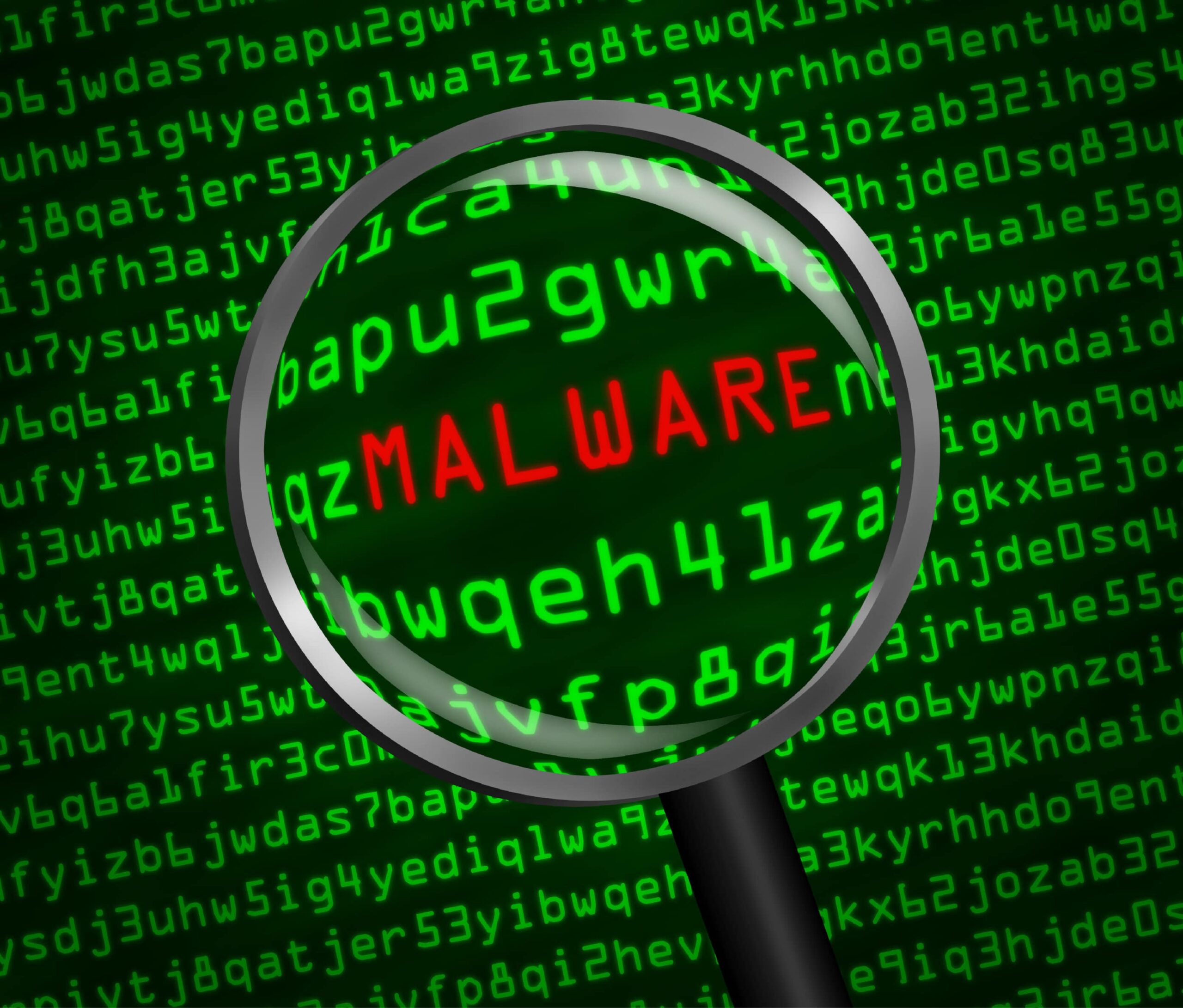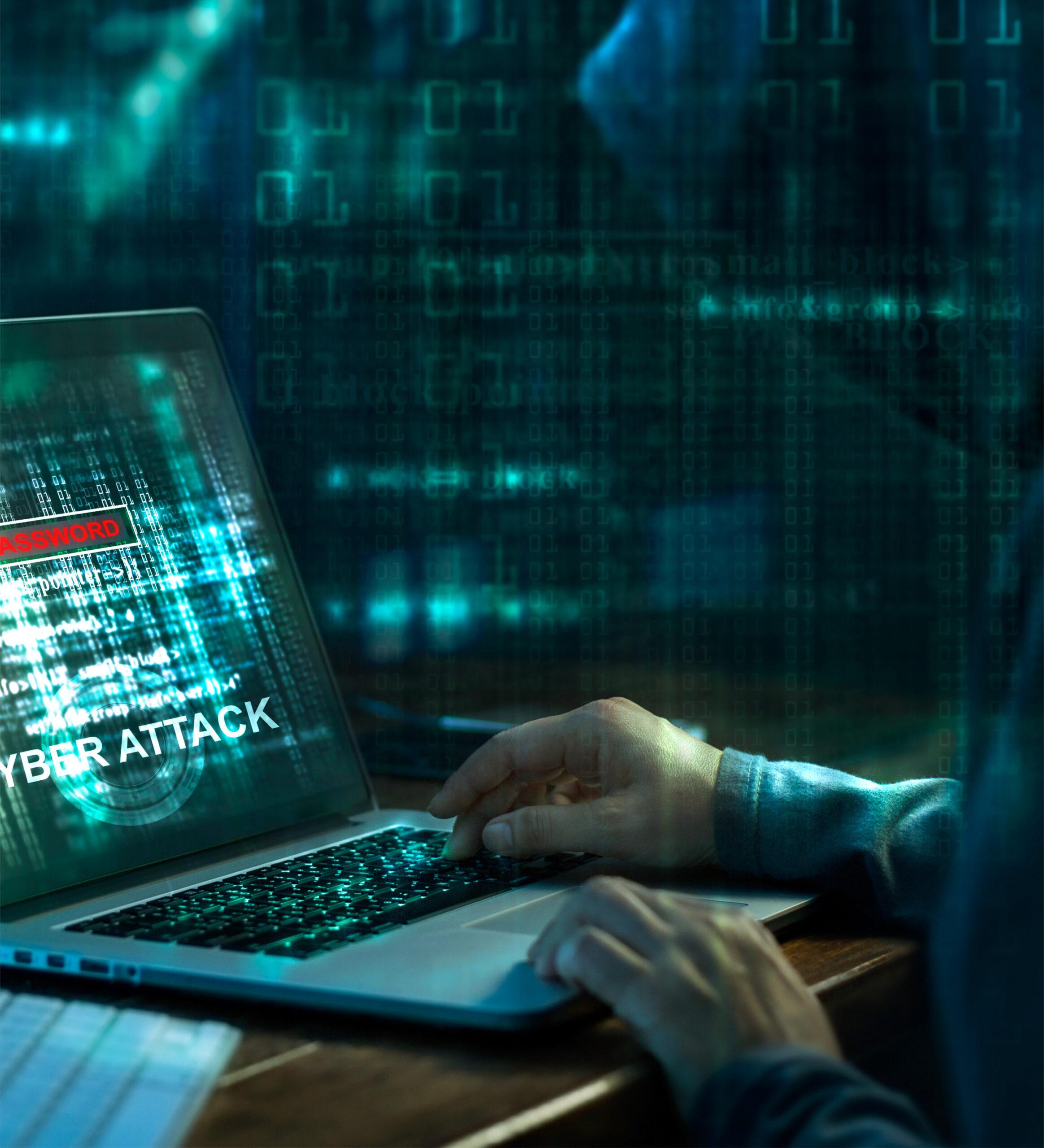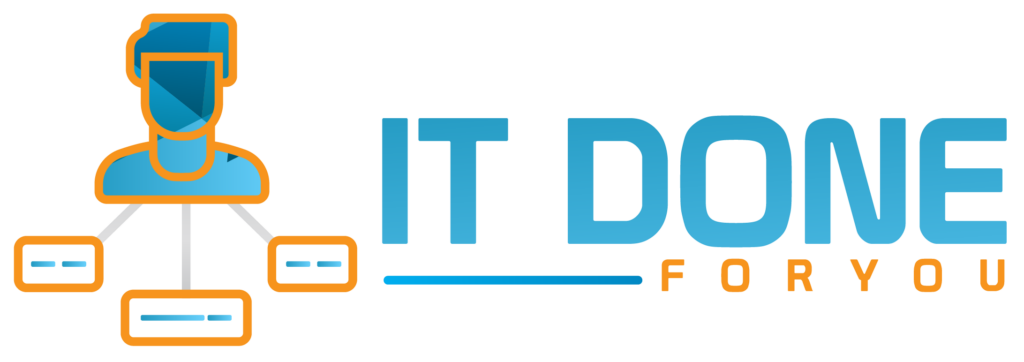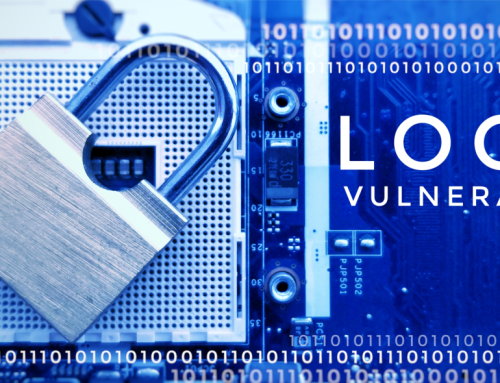The next evolution of cyber attack—“living off the land”—is here. Its stealthy nature makes both the attack and the attacker undetectable.
You are aware that corrupted files can damage your company’s online systems and networks. But you may not know about a new breed of digital bugs that behaves like parasites, living off the land (LotL). And they can hide in your systems for years.
The newest forms of malware fly under the radar of network security software. Cyber attackers “live off the land” by using your computer system as their secret hidden base. Cybersecurity software can detect malicious files easily. These new attackers are fileless and almost impossible to detect.

“Living Off the Land” Attacks Become Mainstream
Christopher Campbell and Matt Graeber coined the phrase “living off the land” in 2013. Fileless malware can hide within your system. This hidden malware compromises your system so that threats become undetectable. Recently, these attacks have become more common and sophisticated.
Fileless attacks have become mainstream. Cybercriminals use a variety of methods to “live off the land.” They quietly infiltrate and corrupt your system. By using popular malware like Astaroth, POSHSPY, or POWRUNER, these attackers remain invisible.
What Does LotL Look Like?
Attackers will corrupt the legitimate tools and utilities within your system. For example, they can damage your system by manipulating
- PowerShell scripts
- Visual Basic scripts
- Mimikatz
This changes entire systems for criminal purposes. Their crimes can include:
- DLL hijacking
- Hiding payloads
- Stealing files
- Log evasion
- Code execution
Anti-ransomware programs don‘t work on encrypted files. Criminals can hide ransomware from users and protection software. Cybercriminals use NTFS Alternate Data Streams to bury malware. Attackers insert malicious code into trusted processes so it goes undetected.

The next evolution of cyber attack—“living off the land”—is here. Its stealthy nature makes both the attack and the attacker undetectable.
You are aware that corrupted files can damage your company’s online systems and networks. But you may not know about a new breed of digital bugs that behaves like parasites, living off the land (LotL). And they can hide in your systems for years.
The newest forms of malware fly under the radar of network security software. Cyber attackers “live off the land” by using your computer system as their secret hidden base. Cybersecurity software can detect malicious files easily. These new attackers are fileless and almost impossible to detect.
“Living Off the Land” Attacks Are Mainstream
Christopher Campbell and Matt Graeber coined the phrase “living off the land” in 2013. Fileless malware can hide within your system. This hidden malware compromises your system so that threats become undetectable. Recently, these attacks have become more common and sophisticated.
Fileless attacks have become mainstream. Cybercriminals use a variety of methods to “live off the land.” They quietly infiltrate and corrupt your system. By using popular malware like Astaroth, POSHSPY, or POWRUNER, these attackers remain invisible.

What Does LotL Look Like?
Attackers will corrupt the legitimate tools and utilities within your system. For example, they can damage your system by manipulating
- PowerShell scripts
- Visual Basic scripts
- Mimikatz
This changes entire systems for criminal purposes. Their crimes can include:
- DLL hijacking
- Hiding payloads
- Stealing files
- Log evasion
- Code execution
Anti-ransomware programs don‘t work on encrypted files. Criminals can hide ransomware from users and protection software. Cybercriminals use NTFS Alternate Data Streams to bury malware. Attackers insert malicious code into trusted processes so it goes undetected.

Minimize the Risk of LotL Attacks
Protection software usually ignores processes that appear legitimate. LotL attacks appear sudden because they’re usually executed inside trusted components. It’s hard to avoid LotL attacks and difficult to identify the attacker.
To protect your systems, turn off or remove unnecessary components. Use behavioral analytics software and multi-factor authentication to monitor your system. Be wary when clicking on random email links and opening attachments. Never let your guard down.

Minimize the Risk of LotL Attacks
Protection software usually ignores processes that appear legitimate. LotL attacks appear sudden because they’re usually executed inside trusted components. It’s hard to avoid LotL attacks and difficult to identify the attacker.
To protect your systems, turn off or remove unnecessary components. Use behavioral analytics software and multi-factor authentication to monitor your system. Be wary when clicking on random email links and opening attachments. Never let your guard down.
Spending a lot of time online exposes you to these “living off the land” attacks. Corporations are the most susceptible to such cyber attacks. Be sure your computer system’s protective software is working properly. Stay current on all system updates and upgrades.
Cyber attackers never sleep. Stay vigilant and alert to protect your business. Construction companies, general contractors, vendors, etc. are prime targets. Their computer systems are often less secure or aren‘t updated often enough.
GLXY Software Solutions offers the latest technologies to secure your system. Reach out to us at any time to discuss the many ways we can protect your company’s online and offline systems.


Spending a lot of time online exposes you to these “living off the land” attacks. Corporations are the most susceptible to such cyber attacks. Be sure your computer system’s protective software is working properly. Stay current on all system updates and upgrades.
Cyber attackers never sleep. Stay vigilant and alert to protect your business. Construction companies, general contractors, vendors, etc. are prime targets. Their computer systems are often less secure or aren‘t updated often enough.
GLXY Software Solutions offers the latest technologies to secure your system. Reach out to us at any time to discuss the many ways we can protect your company’s online and offline systems.
Share This Story, Choose Your Platform!
Let’s have a 15-minute video call
We are now taking on new clients.





